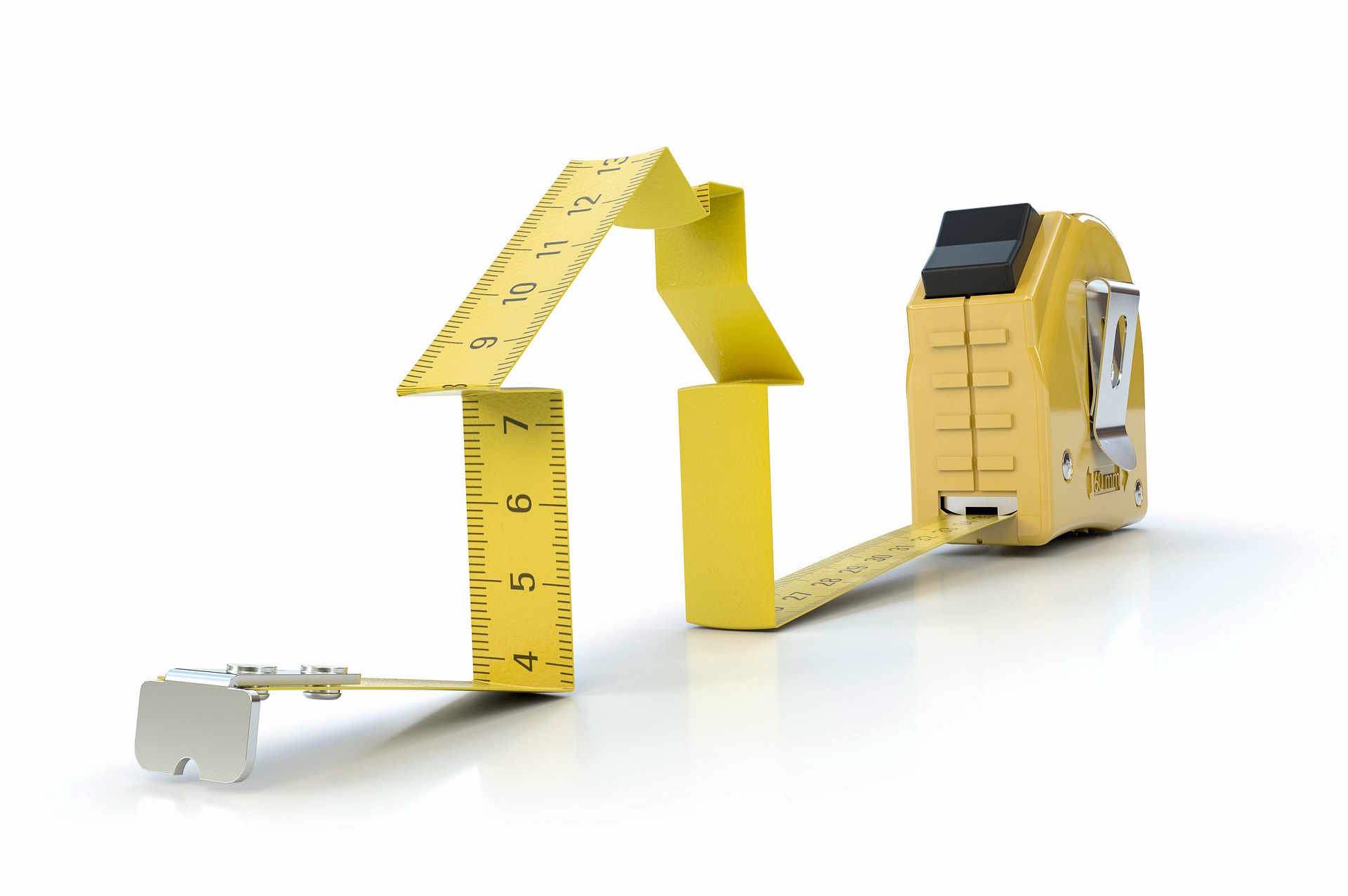Understanding Your Home's Worth: A Comprehensive Guide to Home Value Estimation
In today's dynamic real estate market, understanding your home's worth is crucial for homeowners, buyers, and sellers alike. Whether you're considering selling, refinancing, or simply curious about your property's value, estimating your home's worth can provide valuable insights. This guide will explore the importance of home value estimation, the factors that influence it, and how to navigate the process effectively.

Why is estimating your home’s value important?
Estimating your home’s value serves multiple purposes. For homeowners, it provides a clear picture of their property’s worth, which is essential for financial planning and potential refinancing. Sellers can use this information to set competitive listing prices, while buyers can gauge whether a property is fairly priced. Additionally, understanding your home’s value helps in making informed decisions about home improvements and insurance coverage.
What factors influence home value?
Several key factors impact a home’s value:
-
Location: The neighborhood, proximity to amenities, and local market conditions play a significant role.
-
Property size and layout: The square footage, number of bedrooms and bathrooms, and overall floor plan affect value.
-
Age and condition: Newer homes or those in excellent condition typically command higher prices.
-
Recent renovations or upgrades: Modern kitchens, updated bathrooms, and energy-efficient features can boost value.
-
Comparable sales: Recent sales of similar properties in the area provide benchmarks for valuation.
Understanding these factors helps homeowners identify areas where they can potentially increase their property’s value.
How can you estimate your home’s value?
Several methods are available for estimating your home’s value:
-
Online home value estimators: These tools use public data and algorithms to provide quick estimates.
-
Comparative market analysis (CMA): Real estate agents perform this analysis using recent local sales data.
-
Professional appraisal: A licensed appraiser conducts a thorough evaluation of your property.
-
FHFA House Price Index Calculator: This tool uses historical mortgage data to estimate value changes over time.
Each method has its strengths and limitations, and combining multiple approaches often yields the most accurate results.
What makes online home value estimators popular?
Online home value estimators have gained popularity due to their quick and user-friendly process. These tools typically require minimal input, such as your address and basic property details, to generate an estimate. The convenience and immediacy of these estimates make them attractive to homeowners seeking a general idea of their property’s worth.
However, it’s important to note that online estimators may not account for recent renovations, unique property features, or hyper-local market conditions. They should be used as a starting point rather than a definitive valuation.
How accurate are home value estimates?
The accuracy of home value estimates can vary widely depending on the method used and the available data. Online estimators, while convenient, may have a margin of error ranging from 5% to 20% or more. Professional appraisals tend to be more accurate but can still be influenced by market fluctuations and subjective factors.
To get the most accurate estimate, consider using multiple methods and consulting with local real estate professionals who have in-depth knowledge of your specific market.
What are some FAQs about home value estimators?
-
How often should I check my home’s value?
It’s recommended to check your home’s value annually or before major financial decisions involving your property.
-
Can I rely solely on online estimators?
While online estimators provide quick insights, they shouldn’t be the sole basis for important financial decisions.
-
Do home improvements always increase value?
Not all improvements yield equal returns. Focus on updates that have broad appeal and address common buyer preferences.
-
How do market conditions affect home values?
Local and national economic factors, supply and demand, and interest rates can all impact home values.
-
Should I get a professional appraisal before selling?
While not always necessary, a professional appraisal can provide a solid foundation for pricing your home competitively.
Understanding your home’s worth is an essential aspect of homeownership and real estate transactions. By leveraging various estimation methods and considering the factors that influence home value, you can gain valuable insights into your property’s worth. Remember that home values can fluctuate, and regular reassessment is key to staying informed in the ever-changing real estate market.



